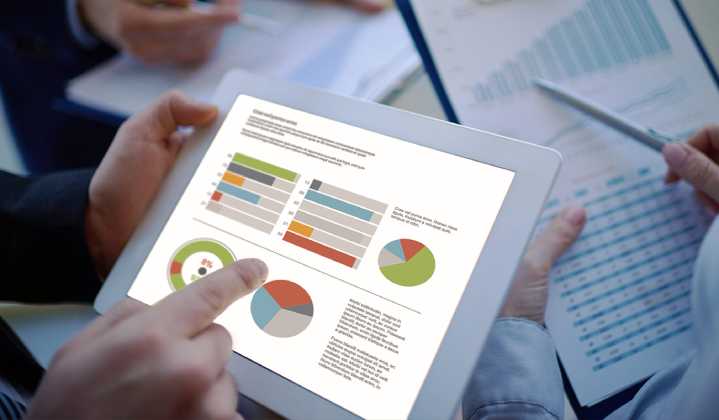Landlord certificates : Knowledge Base

Landlord certificates, also known as property certificates or safety certificates, are essential documents that landlords in various countries, including the UK, must obtain to ensure the safety and compliance of their rental properties. These certificates cover different aspects of property safety and functionality. Here are some common types of landlord certificates:
Gas Safety Certificate (CP12):
- Purpose: Ensures the safety of gas appliances and flues in a rental property.
- Frequency: Required annually.
- Issued by: A Gas Safe registered engineer.
- Includes: Inspection of gas appliances, flues, and pipework. Confirmation that appliances are safe and in good working order.
Energy Performance Certificate (EPC):
- Purpose: Provides information about a property’s energy efficiency.
- Frequency: Valid for ten years, but often obtained when a property is marketed for rent.
- Issued by: An accredited energy assessor.
- Includes: An energy efficiency rating, potential improvement measures, and estimated energy costs.
Electrical Installation Condition Report (EICR):
- Purpose: Ensures the safety of electrical installations in the property.
- Frequency: Required at least every five years, but more frequent checks may be necessary.
- Issued by: A qualified and registered electrician.
- Includes: Inspection of fixed wiring, sockets, switches, lighting, and distribution boards. Categorizes any issues as C1 (danger present), C2 (potentially dangerous), or C3 (improvement recommended).
Fire Safety Risk Assessment:
- Purpose: Identifies and assesses fire risks within the property.
- Frequency: Should be conducted regularly, especially if there are changes to the property or its use.
- Issued by: A qualified fire safety professional.
- Includes: Evaluation of fire hazards, escape routes, emergency lighting, fire safety equipment, and development of emergency procedures.
Legionella Risk Assessment:
- Purpose: Identifies the risk of Legionella bacteria in the property’s water systems.
- Frequency: Required regularly, especially if there are changes to the water system.
- Issued by: A qualified assessor or a competent person.
- Includes: Inspection of water storage, temperature checks, and assessment of potential sources of Legionella bacteria.
Smoke and Carbon Monoxide Alarms:
- Purpose: Ensures the presence and proper functioning of smoke and carbon monoxide alarms.
- Frequency: Regularly checked by landlords; typically, alarms should be installed in accordance with legal requirements.
- Issued by: No specific certification, but compliance is required with the law.
- Includes: Verification that smoke and carbon monoxide alarms are installed in appropriate locations and are in working order.
It’s important for landlords to be aware of the legal requirements and standards in their specific jurisdiction and to keep these certificates up to date. Failure to comply with these regulations may result in legal consequences and could jeopardize the safety of tenants. Regular maintenance, checks, and prompt addressing of any issues identified in these certificates contribute to the overall well-being of rental properties and their occupants.


